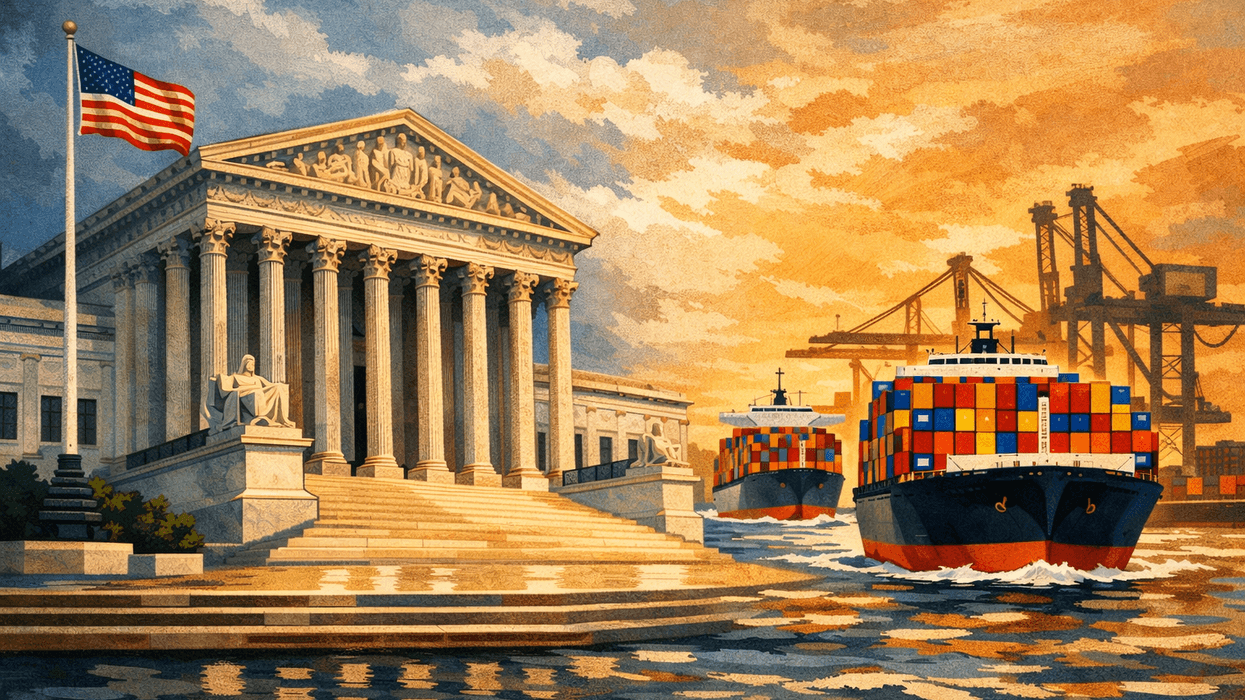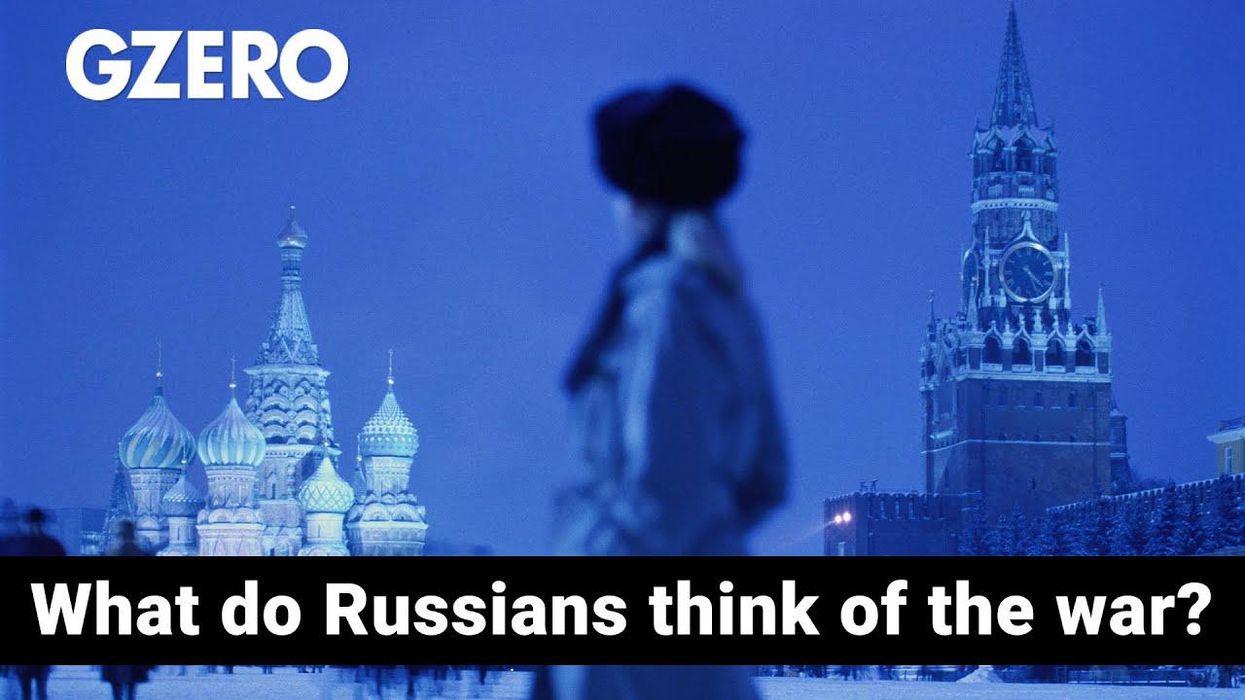The International Criminal Court, widely known as the ICC, announced on Monday that prosecutor Karim Khan seeks arrest warrants for the leadership of both Hamas and Israel, a move that leaves Prime Minister Benjamin Netanyahu and Defense Minister Yoav Gallant with the same legal status as Hamas leader Ismail Haniyeh, the group’s leader in Gaza Yahya Sinwar, and terrorist military commander Mohammed Deif – as well as Russian President Vladimir Putin, who is wanted for ordering the invasion of independent Ukraine.
Whatever your personal opinion of Netanyahu, this order appears to create a moral parallel between the democratically elected leadership of Israel pursuing a war with massive civilian casualties and Hamas’ rape and torture of civilians, the taking of some 250 Israeli and other hostages, and the worst wholesale killing of Jews since the Holocaust. That’s an extraordinary decision from the ICC.
Outside Israel, of course, this move will be hardest to swallow in the United States. The Biden administration has roundly criticized the Israeli Defense Forces’ failure to do more to protect innocent Palestinian men, women, and children who are trapped in Gaza with nowhere to run. And the United States has itself put out a report that the IDF has likely committed war crimes in Gaza, but that it can’t make the claim with high confidence because the Israelis have failed to provide information requested by Washington.
Senior Biden administration officials, including the secretary of state, the national security adviser, and the CIA director, have all visited Israel over the past few months to warn Netanyahu that the US opposes using starvation of civilians as a tool of war, that Israel must allow much more humanitarian aid into Gaza, and that more measures must be taken to avoid civilian casualties. There’s another complication for Biden. Like Israel (and Russia), the United States does not recognize the authority of the ICC, while the strong majority of the world’s governments do. That highlights the perception that US action against the court puts Washington further out of step with most of the rest of the world. US Secretary of State Antony Blinken has suggested he’ll work with Congress on a plan to pursue sanctions against the ICC in response to its decision to pursue Israeli officials.
However Biden feels about Netanyahu and his most hawkish deputies on a personal level, with little real leverage to influence their near-term choices, Washington remains Israel’s most important ally and security partner. His administration continues to send weapons, share intelligence, and broadly support the war against Hamas. Some of that is Biden’s determination to protect a democracy that’s responding to a horrific terrorist attack. But it’s also an acknowledgment of a US election-year reality. While the president must care about the many young people whose votes he needs in November, most of whom are outraged by both Israeli actions in Gaza and the refusal of the United States to act firmly to stop them, he must also answer to the millions of American voters who support Israel’s response to the atrocities Hamas committed on Oct. 7.
The ICC charges have also had an unintended consequence inside Israel. Voters in that country, many of whom wanted Netanyahu out of power for years before this war began, are outraged by the court’s seeming moral equivalence of elected Israeli officials with the terrorists of Hamas. In that sense, the ICC has done Netanyahu, Gallant, and others a big political favor. And that, in turn, strengthens the position of Israel’s most aggressive war strategists, who may now decide they have a more solid public mandate to do exactly what they want. Biden, who would much prefer to be dealing with a new Israeli leader, can’t be happy about that either. Particularly since it weakens his own leverage with Netanyahu’s government even further.
In sum, the ICC announcement is likely to produce the opposite of its intended effect. It will empower those within Israel whose positions sound nearly as extreme as those of Hamas. Many members of the right-wing parties that keep Netanyahu in power, including both the finance and national security ministers and their backers, regularly argue for the ethnic cleansing of Gaza. They have called for the full, permanent Israeli occupation of both Gaza and the West Bank. They want Israel to control all the land “from the river to the sea.” It’s not hard to hear the parallels in that rhetoric with the words of Hamas leaders and their broader axis of resistance.
Neither Israel nor Hamas can seize control of all the land from the Jordan River to the Mediterranean Sea without much more war and the killing of many, many more people. Without genocide. In a horribly twisted way, Hamas and the Israeli extreme right need one another to continue a fight that benefits them both.
The greatest tragedy of all of these past seven months is that war has allowed Hamas and the most extreme Israeli views to ignore calls for peace from the rest of the world. We are now farther from peace than when the ICC made its announcement and much farther than we were before Hamas broke into Israel on Oct. 7.



















